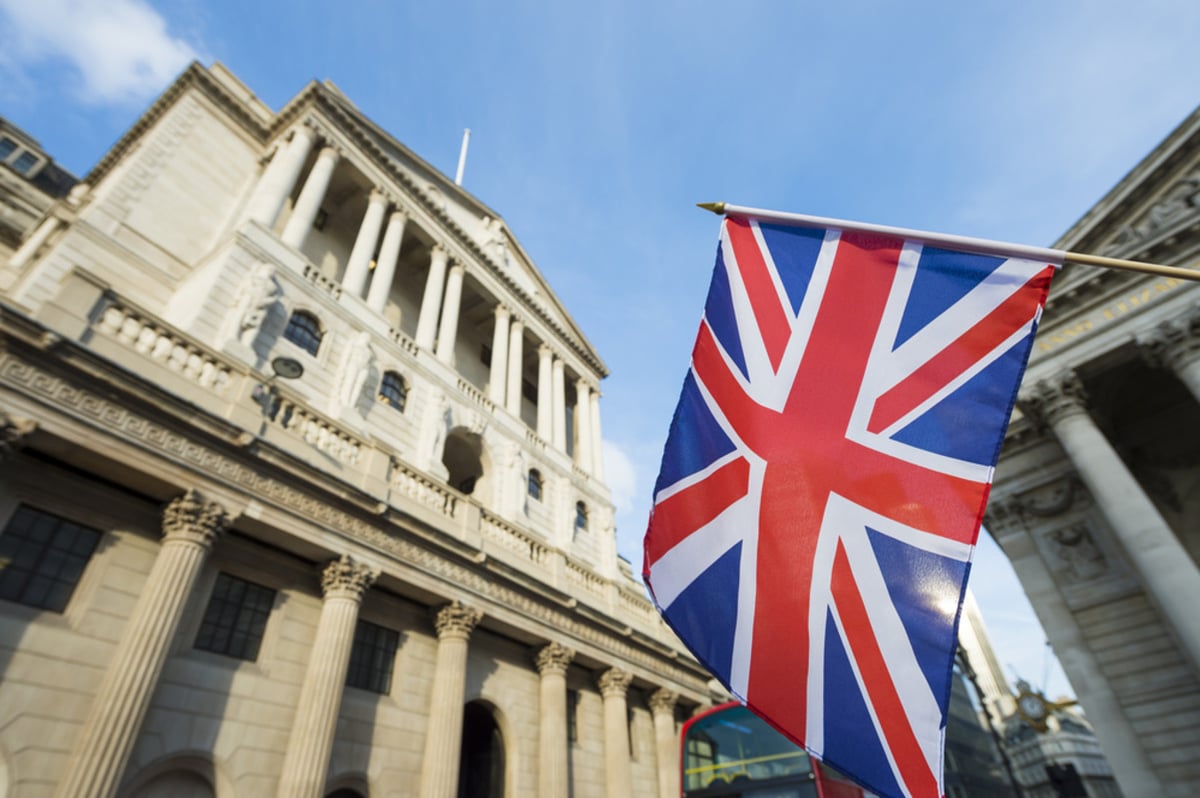U.K. interest rates have been maintained at 4.75 percent following the Bank of England (BoE)’s decision to keep borrowing costs stable.
In a surprising division, three out of the nine members of the rate-setting committee advocated for a reduction to 4.5 percent to stimulate growth.
The Bank indicated that it believed the economy had underperformed, reporting no growth at all between October and December.
Rates are still anticipated to decrease gradually next year, with the first potential cut occurring in February.
Read more: Bank of England lowers interest rates to 4.75 percent, anticipates gradual cuts ahead
Commenting on this decision, Bank Governor Andrew Bailey stated: “We think a gradual approach to future interest rate cuts remains right but with the heightened uncertainty in the economy we can’t commit to when or by how much we will cut rates in the coming year.”
Recent figures revealed that inflation exceeded the Bank’s target, and wages were growing at a faster pace than expected.
However, the economy is facing challenges. Last month, the Bank projected growth of 0.3 percent for the last quarter of the year, but it has since revised this expectation to 0 percent.
In the minutes from the meeting, the Bank noted uncertainty “around how the measures that had been announced in the autumn Budget were affecting growth.”
In the Budget, Chancellor Rachel Reeves revealed GBP40 billion ($50 billion) in tax increases, primarily from a rise in National Insurance contributions from employers.








